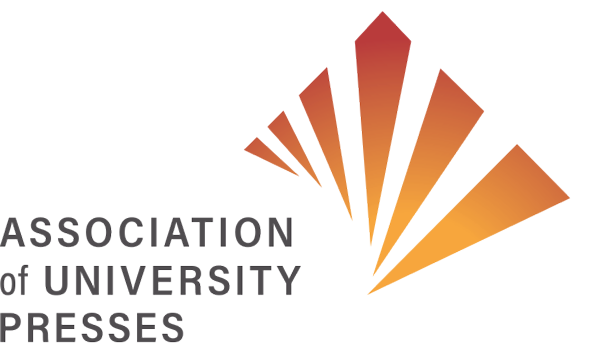
Saturday, September 11, 2021, marks twenty years since a terrorist attack destroyed the World Trade Center in New York City and killed thousands of people in its Twin Towers—including first responders attempting to rescue others, on the four hijacked planes, and in the Pentagon. The date continues to be a day of mourning throughout the city and around the world, and the Association of University Presses and its staff share in this remembrance.
In those first terrible days and weeks, many people had questions about the architecture of the World Trade Center, al-Qaeda, the development of airline security policy, the countries the terrorists had come from, the psychology of grief. So many topics crowded our minds as we sought to understand what felt beyond comprehension.
Within days of the attacks, Penn State University Press was inundated with inquiries about two backlist titles on terrorism. While well-respected in the field, these scholarly titles had not garnered broad general readership when originally published. Now, they were two of few available books that could speak to this need to understand. The press’s director called the Association’s office to report what was happening, and to ask if other presses had published similar books of vital current interest—and, if so, could the Association gather and release a list of them?
The idea resonated with the Association’s long-standing mission to demonstrate the essential university press value of publishing scholarly research that deserves to be added to the world’s library of knowledge, regardless of its potential as a bestseller. The Association’s NYC-based staff, still deep in shock, also found in this idea a grounding purpose. The resulting September 11 list quickly burgeoned to hundreds of titles across dozens of subjects. (Read more about its creation here.)
Significantly, this list became the blueprint for the Association’s Books for Understanding program, which collected and published more than 50 bibliographies of member press publications for over 13 years before going dormant. These reading lists continued to respond to current events such as Hurricane Katrina, Enron, the fight for same-sex marriage, and the Arab Spring. And always to demonstrate that frequently what helps us make sense of an event in the world isn’t the immediate headlines, but the rigorously researched, peer reviewed, and professionally edited scholarship found in the books and journals of university presses. The lists, updated annually through 2014, were aimed at librarians, teachers, journalists, policy makers, and all readers who wanted to know and understand more.
The story of the September 11 attacks, their roots and still-reverberating effects, continues to be written. Original research more recently published by many Association member presses includes, for example, Divided by Terror: American Patriotism After 9/11 by historian John Bodnar (University of North Carolina Press, 2021); Homegrown Hate: Why White Nationalists and Militant Islamists Are Waging War against the United States by scholar and activist Sara Kamali (University of California Press, 2021); and Globalizing Collateral Language: From 9/11 to Endless War, edited by global studies and international development scholars John Collins and Somdeep Sen (University of Georgia Press, 2021).
If you are one of those who continues to seek understanding of the events surrounding September 11, please browse the old resource and search out new works from those publishers listed. On this somber anniversary, our community offers again this store of knowledge to try to illuminate the long shadows of the towers’ fall.
